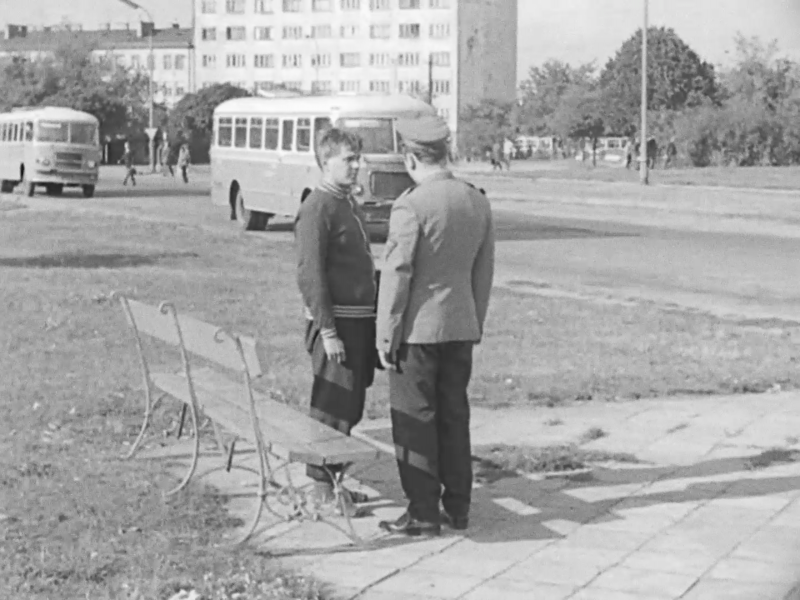WATCH DOCS daily schedule: Saturday, Dec 12 | WATCH DOCS
Jump to contentWATCH DOCS daily schedule: Saturday, Dec 12
The last weekend of the 20th WATCH DOCS. Human Rights in Film IFF is ahead of us. We invite you to watch the festival films on the mojeekino.pl platform and join us for fascinating meetings and discussions, broadcasted live on our Facebook page.
5:00 p.m. A talk with Kamil Witkowski, director of "Heda"
About the film: Heda with her five children fled Chechnya's wars and her sadist husband for Poland. In a refugee center she met Marina, who taught her a new word - volunteer. From then on, they worked together, helping people without a home and those lonely in retirement homes and those in prisons. When Heda became seriously ill, Marina invented this film for her. It kept Heda alive, offering a way to share herself with others once again and in one more role. And that is why, while Heda passed away shortly after shooting finished, the film is not sad, nor is it a film about dying. It is a touching, truly sisterly double-voice of Marina and Heda about life made rich by generosity. With humor and tenderness, but without being sentimental, Marina Hulia and Kamil Witkowski manage to show us Heda, a truly beautiful flower of the Caucasus.
6:00 p.m. DEBATE: A lost trace. Missing in Crimea
In Crimea, the families of the missing are still waiting to hear about the fate of their loved ones while the world seems to have forgotten the occupied peninsula. We invite you to a conversation about human rights in Crimea, in reference to the report of Crimea SOS, a long-time partner of the Helsinki Foundation for Human Rights.
Participants:
- Anstasja Doniec, Crimea SOS
- Jewhen Jaroszenko, Crimea SOS
- Abdureszyt Dżepparow, Crimean human rights contact group
- Julia Cheromukhina, Helsinki Foundation for Human Rights
Moderator: Piotr Andrusieczko, Outriders, collaborator of Gazeta Wyborcza
6:40 p.m. - Julia Cheromukhina and Piotr Andrusieczko will answer questions from the viewers
8:00 p.m. A talk with Tomasz Wolski, director of "An Ordinary Country"
About the film: In an interesting reference to the famous "One day in the People's Republic of Poland" by Maciej Drygas, Tomasz Wolski composes his found footage documentary from the archives of the security services and Citizen’s Militia from 1956-1989 achieving a completely new style. He does not avoid humor, but skillfully doses the weight of the materials used. From the wiretap recording of a conversation about getting a purebred dog to the final scene where a man is blackmailed to cooperate for fear of disclosing his extramarital affair, the brutal indiscretion of these once-secret tapes becomes increasingly harrowing. Wolski focuses on the objectifying view of secret-service cameras on Poles' ordinary lives, on the lifting of privacy, as exemplified by instructional films teaching officers how to “document” a lovers’ night in a hotel. They are not balanced by any martyrdom - even those who are dissatisfied with power are reported here from the perspective of a “civic” denunciation. The omnipresent surveillance seems to disgustingly stick everyone in Wolski's film. And perhaps it is society, degraded by surveillance blackmail, that disturbes the viewer most in this film. Therefore, An Ordinary Country looks not only like an extraordinary memory of times happily gone-by, but also as a kind of memento.
